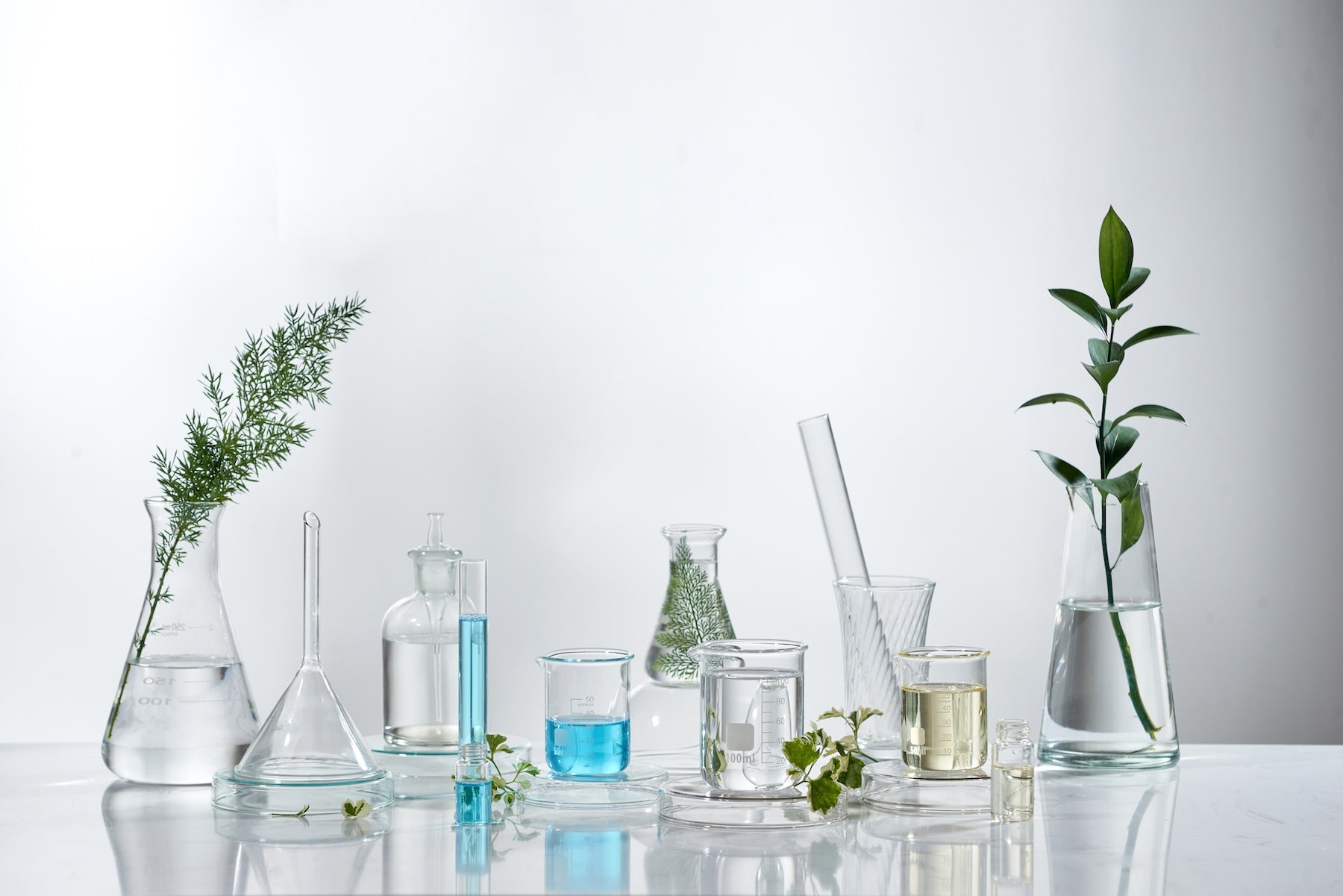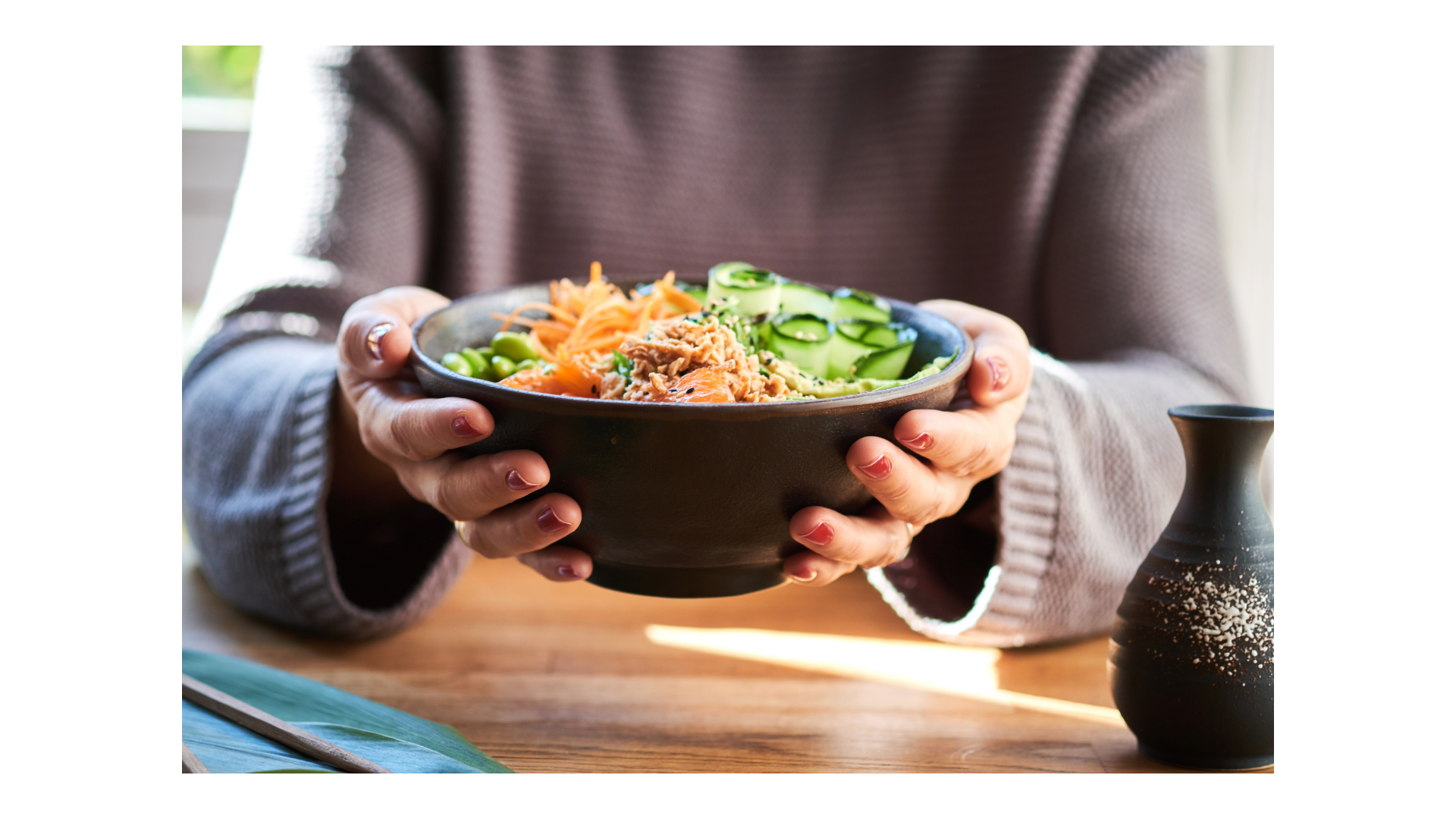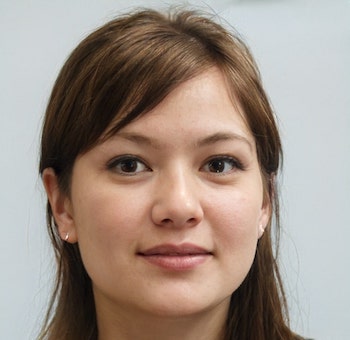Introduction
Managing menopause symptoms in women with estrogen-positive breast cancer requires special attention to herbal safety. Traditional Chinese Medicine (TCM) provides alternatives to manage symptoms like hot flashes, night sweats, and mood swings without stimulating estrogen pathways. This blog explores safe herbs that can alleviate menopausal symptoms without acting on estrogen, offering both TCM and Western medical perspectives, and highlighting research to support their safe use.

Understanding the Challenge: Menopause with Estrogen-Positive Breast Cancer
MCF-7 cells are a line of human breast cancer cells that are commonly used in research as a model for estrogen receptor-positive (ER+) breast cancer. These cells are known to be estrogen-responsive, meaning that they grow and proliferate in response to estrogen. Because of this characteristic, MCF-7 cells are often used to study the effects of estrogen and estrogen-like compounds on breast cancer growth (Comsa et al, Anticancer Red., 2015)
In estrogen-positive breast cancer, estrogen binds to estrogen receptors on cells, including MCF-7 cells, and promotes their proliferation. Therefore, if estrogen is present, MCF-7 cells are likely to increase in number, which mimics how some estrogen-positive breast cancers behave in the body.
MCF-7 cells are particularly useful for studying the efficacy of different treatments that target estrogen pathways, such as selective estrogen receptor modulators (SERMs), aromatase inhibitors, and other anti-estrogen therapies that are used in the management of ER+ breast cancers.
Dang Gui and Ginseng both showed an increase of MCF-7 Cells (Amato, Menopause, 2002). It should be noted that another study found even though there was an increase of MCF-7 cells, there was not an increase in tumor size (Yue et al, Phytomedicone, 2019).
This makes it essential to be cautious with herbs that have estrogenic activity. Menopausal symptoms—like hot flashes, night sweats, mood swings, and dryness—are often challenging to manage in these patients since hormonal therapies are not suitable.
TCM provides herbal approaches that focus on balancing Yin and Yang energies, nourishing Blood, and cooling Heat, which can help alleviate symptoms without influencing estrogen levels.
RELATED: Learn more about herbs that have phytoestrogen here
There are plenty of other herbs that help with menopause relief that do not contain phytoestrogen.
*This non estrogen menopause relief herbal formula is available here
TCM Herbs Safe for Estrogen-Positive Breast Cancer

Bie Jia (Carapax Trionycis)
- TCM Benefits: Bie Jia nourishes Yin and anchors Yang, making it beneficial for hot flashes and night sweats caused by Yin deficiency. It also softens areas of hardness, potentially helping with breast masses.
- Western Benefits: Traditionally derived from turtle shell, Bie Jia has immunomodulating and anti-inflammatory properties. Studies suggest it may help balance the immune system, which is crucial for patients managing cancer and menopausal symptoms.

Di Huang (Sheng) (Radix Rehmanniae)
- TCM Benefits: Sheng Di Huang clears Heat, nourishes Yin, and cools the Blood, making it helpful for symptoms like hot flashes, dryness, and irritability.
- Western Benefits: This herb has anti-inflammatory and antioxidant effects, and it supports blood sugar regulation, which can be especially helpful for energy balance and overall vitality in menopausal women.

Zhi Mu (Rhizoma Anemarrhenae)
- TCM Benefits: Zhi Mu clears Heat and nourishes Yin, especially benefiting menopausal symptoms like hot flashes, restlessness, and dryness.
- Western Benefits: Zhi Mu has been shown to possess anti-inflammatory, antioxidant, and antipyretic properties, helping to regulate body temperature and reduce inflammation, which is beneficial for managing hot flashes and night sweats.

Bai Shao (Radix Paeoniae Alba, White Peony Root)
- TCM Benefits: Bai Shao nourishes Blood and soothes the Liver, making it useful for emotional regulation, mood swings, and alleviating menstrual cramping or pain.
- Western Benefits: White Peony has anti-inflammatory, antispasmodic, and calming effects. It is beneficial for reducing mood fluctuations and physical discomfort during menopause without acting on estrogen pathways.

Gan Cao (Rx/Rz Glycyrrhizae, Licorice Root)
- TCM Benefits: Gan Cao harmonizes other herbs and strengthens Qi. It is known for its calming properties and is often used to soothe tension and digestive issues.
- Western Benefits: Licorice root has adaptogenic and anti-inflammatory properties, but its effects on hormonal pathways need careful monitoring, particularly in large doses. However, in the context of TCM formulas, Gan Cao is used in smaller, harmonizing doses that avoid direct estrogenic effects.

Di Gu Pi (Cortex Lycii, Goji Berry Root Bark)
- TCM Benefits: Di Gu Pi cools Blood and clears Heat, making it helpful for hot flashes, night sweats, and menopausal Heat symptoms.
- Western Benefits: Known for its antioxidant and anti-inflammatory properties, Di Gu Pi helps reduce systemic heat and inflammation. It has been traditionally used for its cooling effects without interacting with estrogen levels.

Da Zao (Fructus Jujubae, Jujube Fruit)
- TCM Benefits: Da Zao nourishes Blood and Qi and calms the Shen. It supports overall well-being and energy, making it suitable for menopausal symptoms like fatigue, anxiety, and insomnia.
- Western Benefits: Jujube fruit is rich in antioxidants and has calming and anti-inflammatory effects, supporting restful sleep and enhancing energy levels. It can support mood and alleviate fatigue without affecting hormone balance.

Mu Dan Pi (Cortex Moutan, Tree Peony Bark)
- TCM Benefits: Mu Dan Pi clears Heat and cools the Blood. It also moves stagnant Blood, which can help with symptoms like irritability, mood swings, and hot flashes.
- Western Benefits: The anti-inflammatory properties of Mu Dan Pi can help alleviate inflammation and reduce the sensation of heat. It also supports mental clarity and mood regulation during menopause

Shou Wu Teng (Caulis Polygoni Multiflori, Fo-Ti Stem)
- TCM Benefits: Shou Wu Teng nourishes the Heart and calms the Shen. It is particularly useful for sleep disturbances, anxiety, and palpitations that are common during menopause.
- Western Benefits: Known for its neuroprotective and calming properties, Shou Wu Teng promotes restful sleep and supports emotional balance without exerting estrogenic effects.

Huang Bai (Cortex Phellodendri Chinensis, Amur Cork Tree Bark)
- TCM Benefits: Huang Bai clears Damp-Heat and "deficient heat" from Yin deficiency, which is often associated with menopausal symptoms like hot flashes and sweating.
- Western Benefits: With its anti-inflammatory, antimicrobial, and antioxidant properties, Huang Bai can help alleviate inflammatory symptoms while cooling internal heat and supporting immune health.

Qing Hao (Herba Artemisiae Annuae, Sweet Wormwood)
- TCM Benefits: Qing Hao clears Heat and cools the Blood, particularly effective for reducing hot flashes, night sweats, and restlessness in menopause.
- Western Benefits: Sweet Wormwood has antipyretic and anti-inflammatory effects. It is known for its ability to regulate body temperature and reduce inflammation, making it a supportive herb for menopause without affecting estrogen levels.

Chai Hu (Radix Bupleurum, Thorowax Root)
- TCM Benefits: Chai Hu spreads Liver Qi and relieves constraint, making it an excellent herb for emotional regulation, irritability, and mood swings during menopause.
- Western Benefits: Bupleurum has adaptogenic and anti-inflammatory properties, supporting stress management and enhancing mood. It helps regulate cortisol levels and can contribute to emotional balance without acting on estrogen pathways.
Research and Safety for Women with Estrogen-Positive Breast Cancer
Current research supports that these herbs do not act on estrogen pathways and can provide symptom relief for menopausal symptoms without influencing hormone-sensitive cancers. While the safety of each herb is well documented in TCM, it is essential to use them under the guidance of a qualified herbalist or healthcare provider, especially for patients with complex medical conditions like estrogen-positive breast cancer.

Conclusion
Managing menopausal symptoms safely for women with estrogen-positive breast cancer is possible with a thoughtful TCM approach. Herbs like Bai Shao, Sheng Di Huang, and Huang Bai provide natural relief from hot flashes, night sweats, mood swings, and more, without the risk of affecting estrogen levels. Always consult with a healthcare provider for a personalized plan that aligns with your health goals and conditions.




